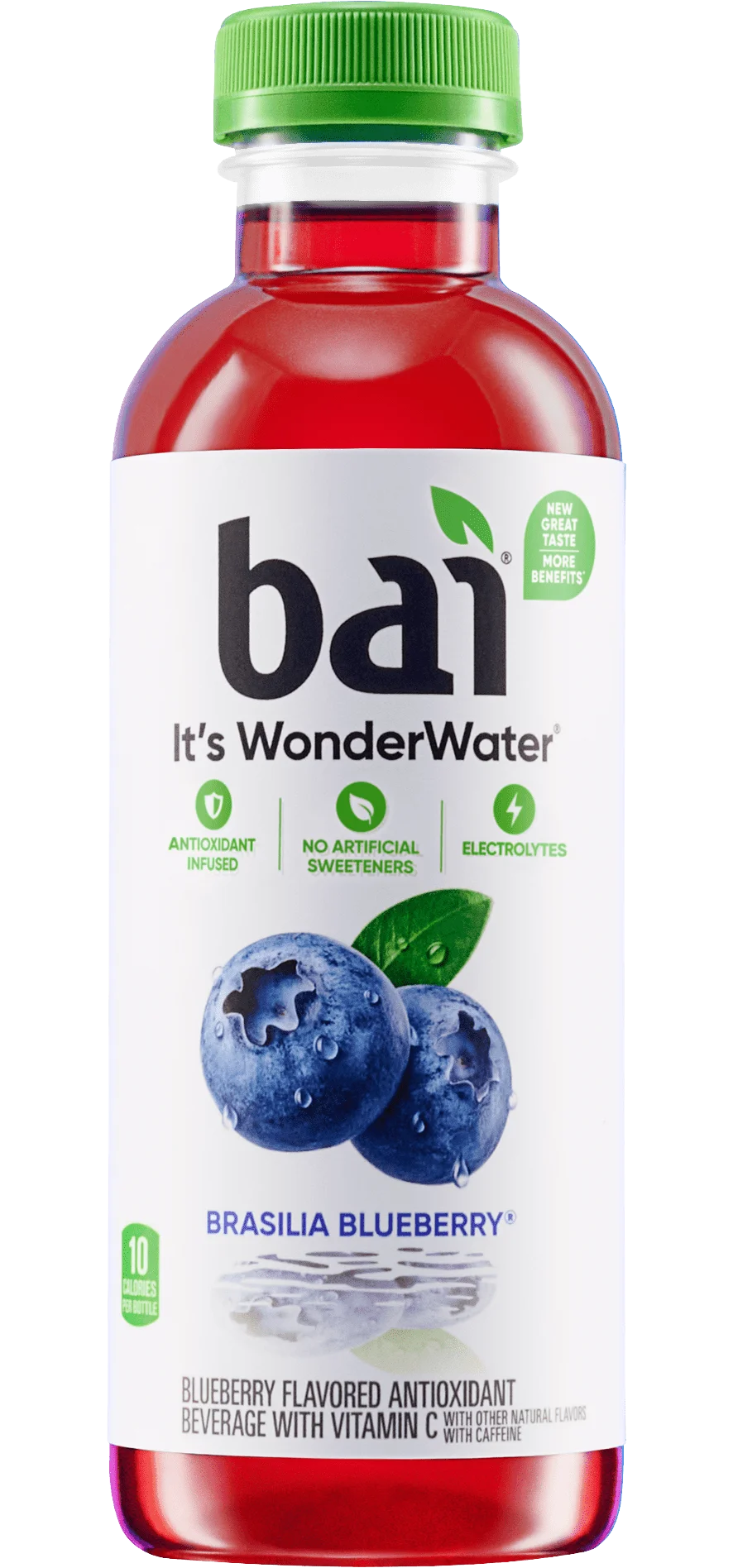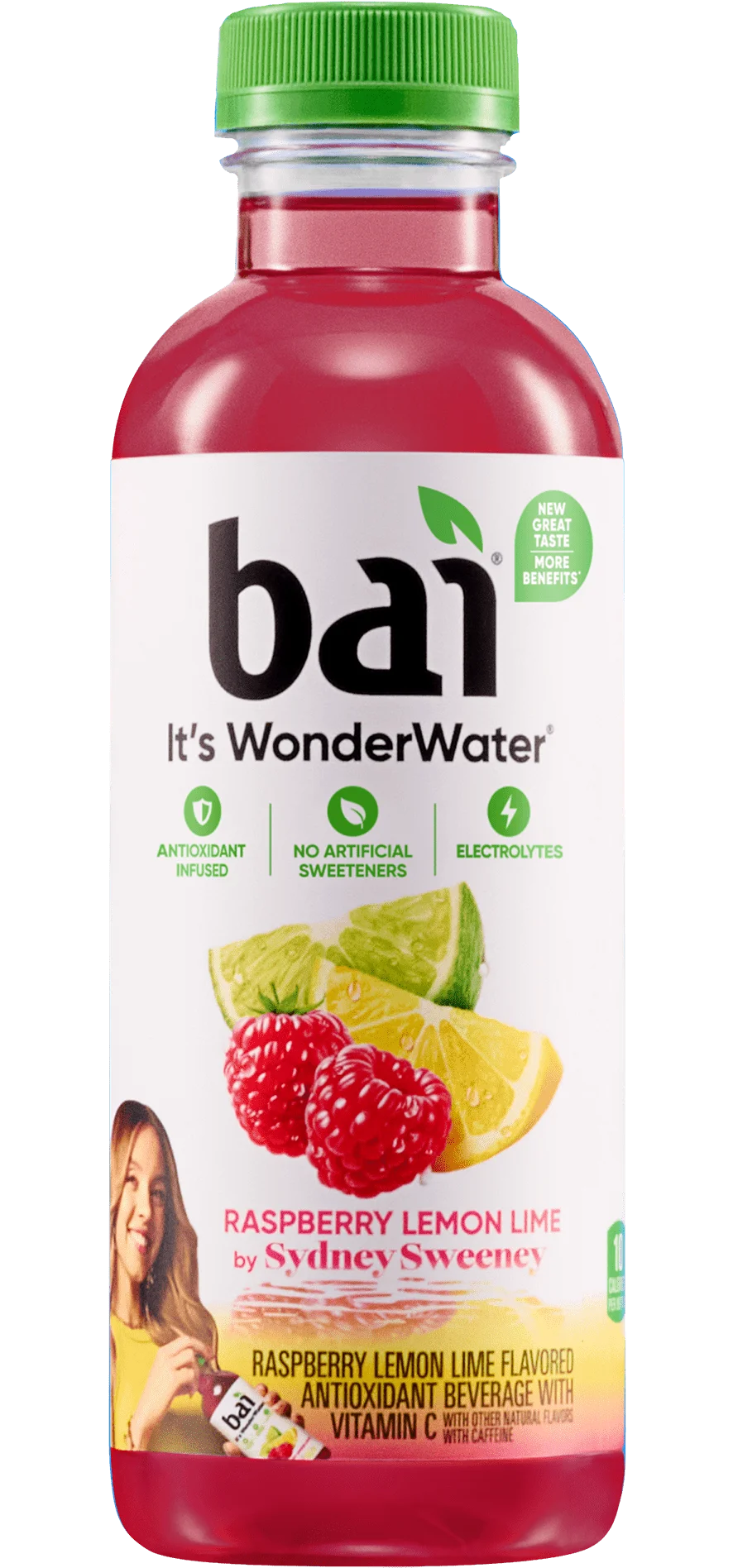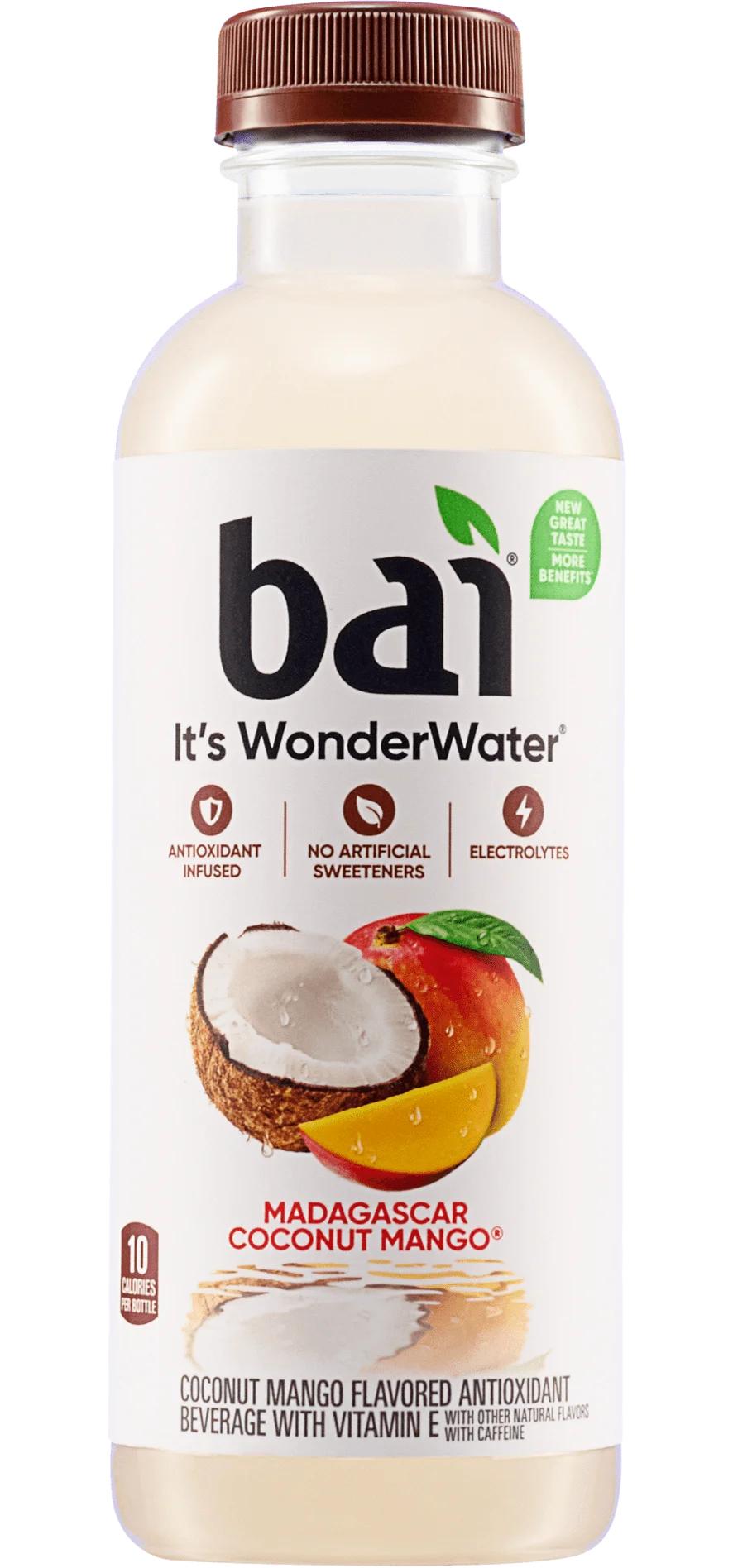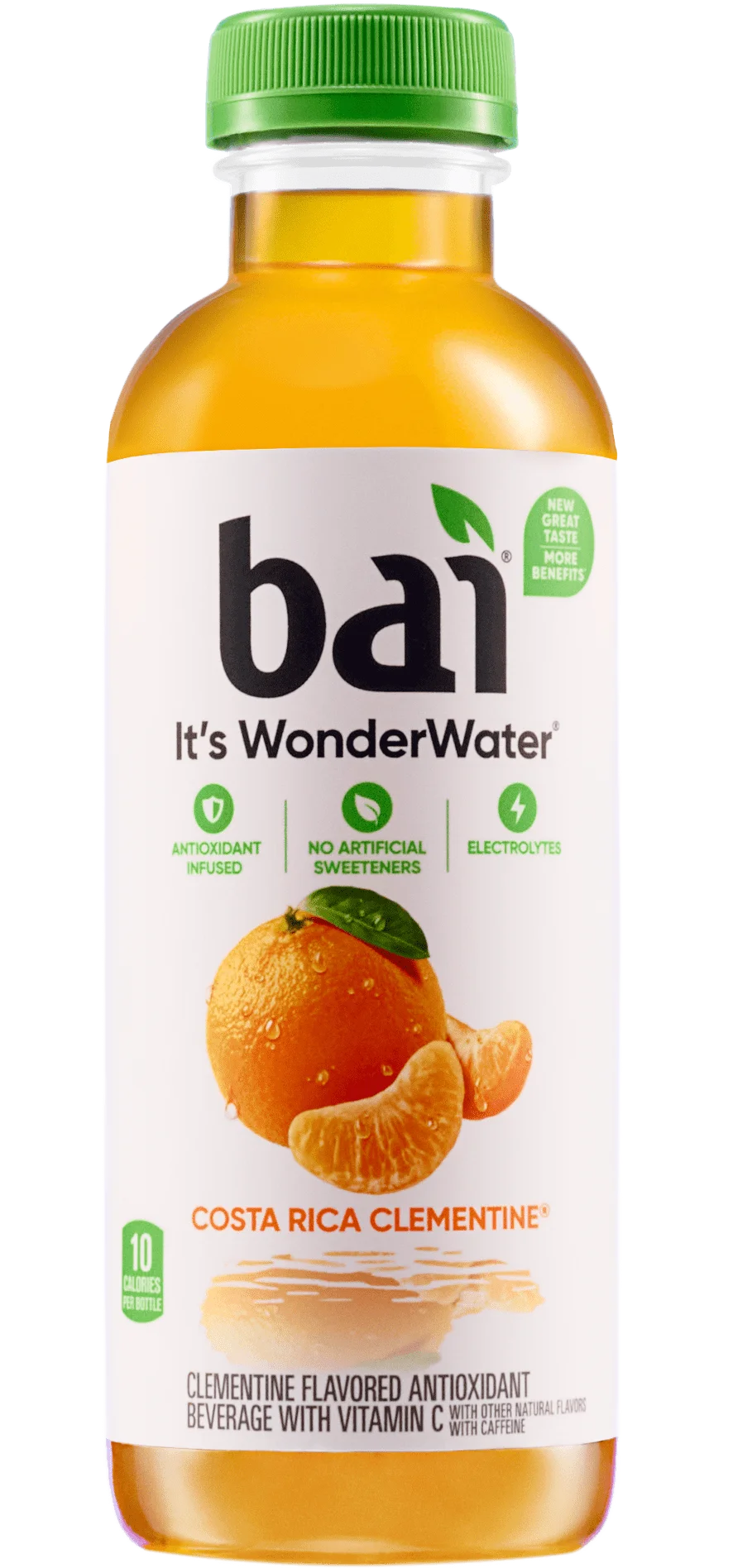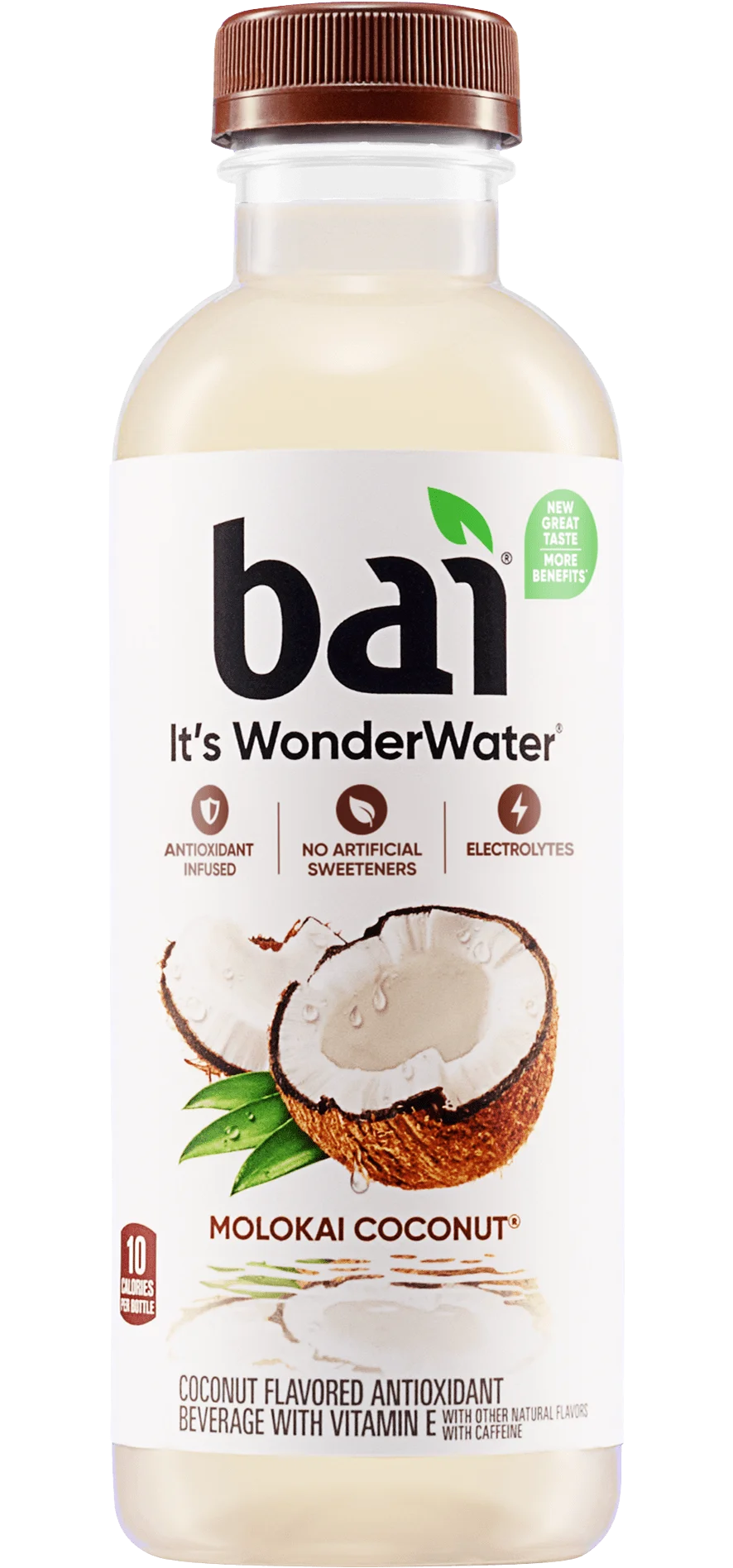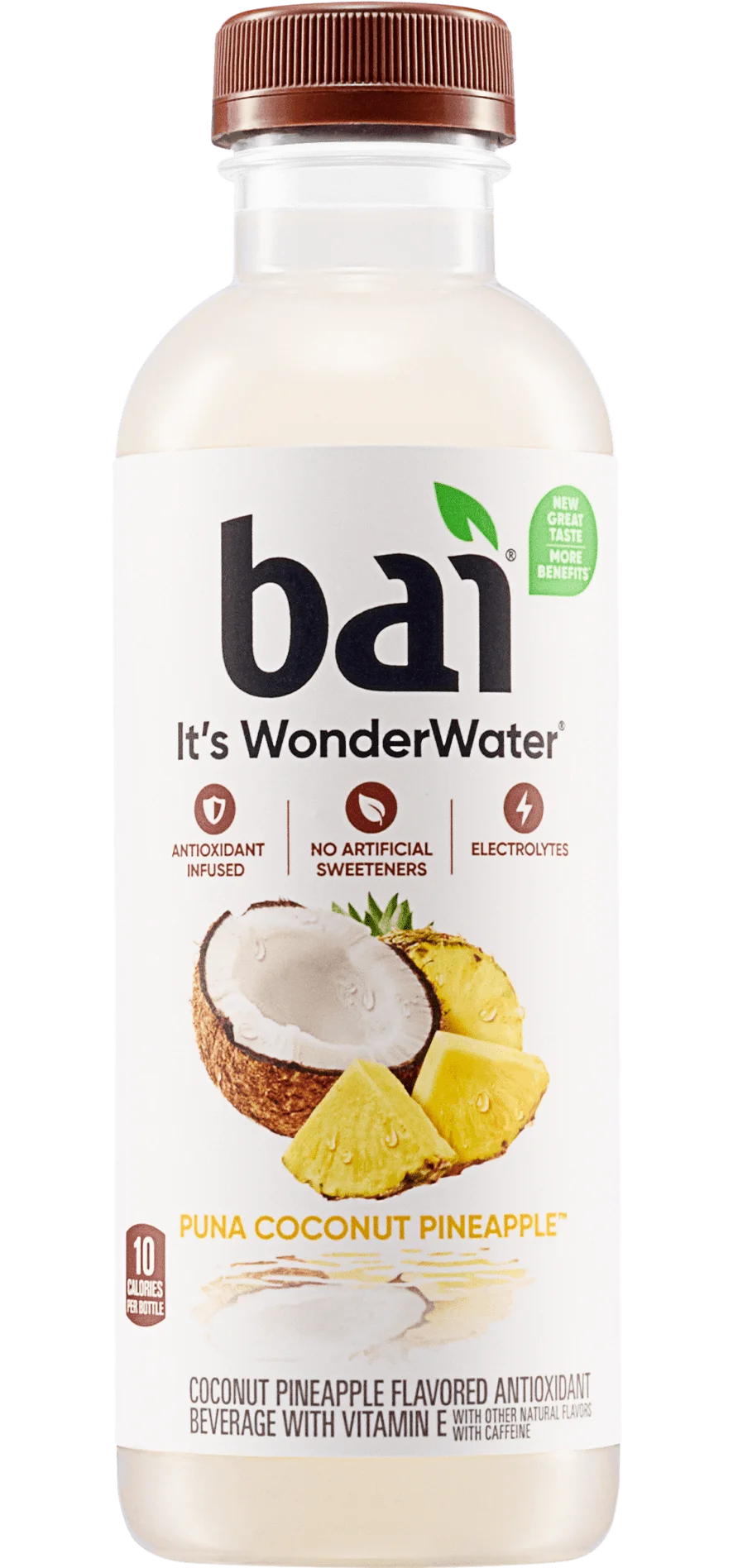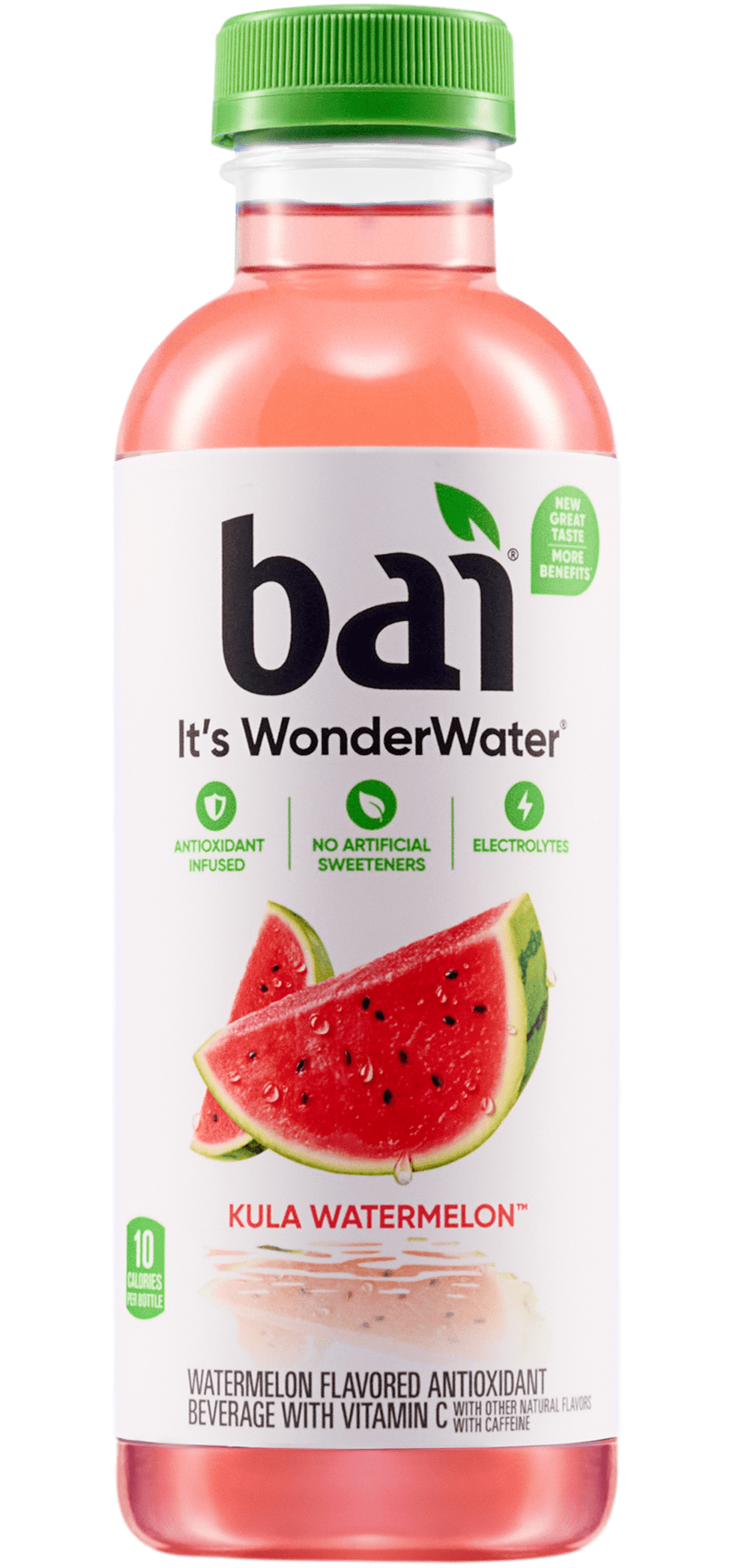Have you noticed the aisle that was once ruled by peanut butter and jelly has now been infiltrated by everything from almond and cashew butter to coconut and sunflower butter? We have, but we’re not mad about it. Nuts and seeds are, as a whole, extremely nutritious. Almost all varieties have a substantial amount of the essential nutrients manganese, magnesium and phosphorus. But what’s the real difference between each one? Read on to find out. PS: The nutrition information listed is per 2 tablespoon serving.
Peanut- 190 cal, 16g fat (3 saturated), 6g carbs (3g sugar), 8g protein
The least expensive of the nut family (although technically a legume), peanuts are a significant source of omega-6 fatty acids, necessary for nervous and reproductive system function and growth of hair, skin, bones, etc. A serving of peanut butter contains a substantial amount of vitamin E and niacin, rendering them fighters against skin aging and inflammation.
Powdered PB- 45 cal, 1.5g fat (0g saturated), 5g carbs (1g sugar), 5g protein
The powdered variety has essentially just been drained of oils, and sometimes sprinkled with sweetener and salt. Great for those trying to keep their calorie count down, powdered peanut butter goes seamlessly in smoothies, peanut sauces, or even mixed with liquid to be reconstituted as a spread.
Almond- 200 cal, 18g fat (2 saturated), 6g carbs (0g sugar), 7g protein
Perhaps the most popular tree nut, almonds have become quite the celebrity within the butter world. With a less sticky feel and different flavor profile from peanut butter, AB makes for a great alternative. Almond butter is extremely nutrient-dense; having a couple spoonfuls gets you almost 5 times more heart-healthy omega-3 fatty acids than peanut butter. Almonds are a perfect option for people with peanut allergies or those living a legume-free lifestyle. But buyer beware: almond butter can cost up to 4 times more than peanut butter per fluid ounce. Look for well-priced options on online health-sites, or buy almonds in bulk and spin them in a food processor for a while to make your own silky-smooth drizzle-ready butter at home.
Soy- 200 cal, 15g fat (3 saturated), 8g carbs (4g sugar), 7g protein
Soy nut butter has long been a jelly companion for those with peanut or tree nut allergies. Soy is considered a great vegetarian protein option with its complete profile of essential amino acids. It also contains vitamin K to help with healthy blood clotting and B-vitamins riboflavin and folate to aid in inflammation suppression and tissue repair.
Sunflower- 190 cal, 16g fat (2 saturated), 8g carbs (0g sugar), 6g protein
Sunflower butter has a distinct taste that avid seed-chewers will love. It doesn’t have much omega-3 content to offer, but it makes up for it with its B-vitamin pantothenic acid content, important for converting food to energy. Sunbutter also doubles peanut butter’s zinc content, giving it antioxidant capacity. Sunflower butter without added ingredients has 0g of sugar, but branded varieties usually have added some. What supermarket types also usually have added though, is vitamin E. Check the labels for both.
Hazelnut- 180 cal, 17g fat (1g saturated), 5g carbs (1g sugar), 4g protein
Hazelnuts were perhaps made famous by the chocolate hazelnut spread we all know and love, but hazelnut butter on its own can be pretty darn delicious, too. Hazelnuts are full of iron for getting oxygen to tissues, and copper, which is important for iron absorption and collagen production for youthful skin.
Coconut- 190 cal, 18g fat (16g saturated), 7g carbs
(2g sugar), 2g protein
If you were to blur the line between a fruit and a nut, coconuts would emerge. Coconut butter has a drastically different nutrient profile than the rest of our list, starting with the significantly higher saturated fat content. But don’t let that scare you off, lots of studies have shown that the fats in coconuts are actually very healthy. 2 tablespoons of coconut butter also has 5g of fiber, which is more than you’ll even find in some complex carbs. Coconut butter is a great alternative to actual butter- it spreads well on toast, it’s a perfect addition to scrambled eggs, and it goes great melted on top of pancakes. Its mild flavor makes the possibilities relatively endless.
Cashew- 190 cal, 16g fat (4g saturated), 8g carbs (0g sugar), 6g protein
Cashews get a lot of attention in the vegan world for their creamy texture and ability to transform into imitations of non-vegan sauces (queso, alfredo, you get the picture). Cashew butter also has a complete protein profile (score 2 for vegans). For extra creamy sauces, soak cashews in water overnight before blending. For your typical nut butter consistency, just pack your food processor with the raw or roasted variety and blend away.
Sesame (tahini)- 180 cal, 16g fat (2g saturated), 6g carbs (0g sugar), 6g protein
Sesame seeds have a micronutrient profile similar to its butter brothers, but also contain calcium for strong bones. They also have the antioxidant B-vitamin thiamin as well as omega-3 fatty acids. With a thinner consistency than other butters and slightly roastier (if it wasn’t a word before, it is now) taste, tahini is often found drizzled atop savory foods in Mediterranean and African cuisines. But mix it with ground ginger, garlic powder, liquid aminos, Sriracha and water for a quick and healthy Thai-inspired sauce.


